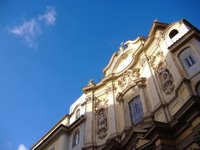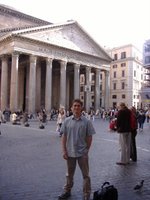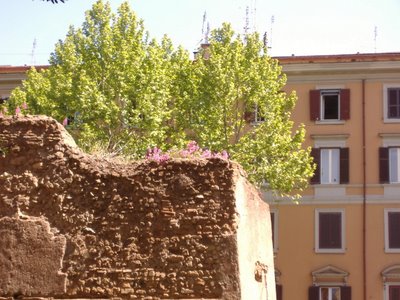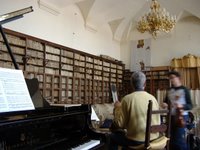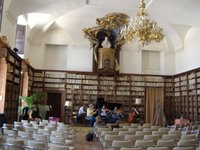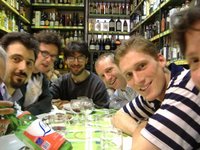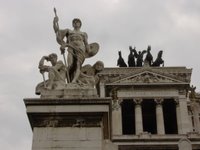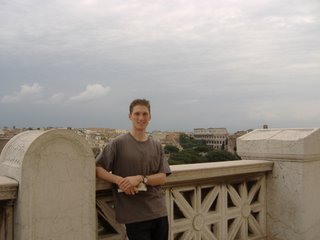After Dongo
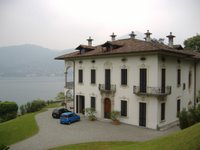
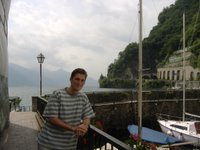
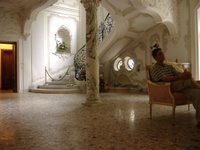
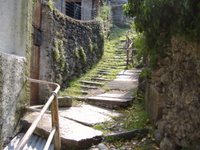
Hey, fellas. I'm back in Rome. Its nice to have clothes to change in and out of. Yeah, I only took one pair of socks and one pair of we-won't-say-what and so it was kind of nasty. But Gillian says they aren't doing much better on tour, so that made me feel better. Anyway, the owner of the house is still in Tunisia, so its just me and good ol' Helmut again. Yesterday he made a fabulous lunch AND dinner and I am expecting something for dinner again today. What a nice guy. He was a professional dress-maker, custom designed and hand-made dresses. Interesting life he's had. Anyway, its good to be back. It is HOT in Rome.
These pictures are dark, sorry. I got to the Lake Monday night at around 8, had a quick lesson, and then went to dinner with Nabore and the other students. It was nice. The pictures are of the mansion in which the guest lessons take place (if its just Nabore they usually have them in the other, smaller, building which is shared by a music school for little kids. This is obviously much nicer. Unfortunately I took my camera along on the day that it wasn't sunny. So imagine the sun shining, the birds chirping super loudly, the breeze- slightly moist- blowing Jasmine and other blossoms into your face, the deep blue-green of the lake full of fish. I ate one of them fish. It was good.
The ivy-invested walkway is a normal road traipsed by the very old and bent people who live on the hill. Its a REALLY steep hill. Not only do they build houses there, but they also fill all the extra space around the house and walkways and cliffs and trees with some kind of alfalfa. They were cutting it when I was hiking. SUCH HARD WORK!! Its so beautiful there. Dongo is my favorite place in the world.
I had to take a night train on Saturday, so didn't get home until 6am. It was 't too bad! I actually slept pretty well. Anyway, that was the week. I had about 5 1-hour lessons with Nabore, one with John Perry (on vallee d'Obermann, VERY good lesson) and one with LeRon somebody, the physiologist-pianist for the Academy. That was really interesting. We worked on the coda of the Scherzo and then ended up just talking about scales. He video taped me playing and then we watched it on a TV with slow motion. It was INCREDIBLY enlightening. I am doing silly things with my hands that I am not even aware of. Little flexations of muscles that throw the hand off balance or slow it down. My wrist is tight. Grrr....We literally spent over an hour just talking about how to play a scale. Amazing. Today I tried applying his teaching on Mozart, and it helped a little already. yay.
Times up! Catch ya later.
